UK government ministers meet union leaders in bid to end paralyzing wave of strikes
UK government ministers are meeting with leaders of labor unions in a last-ditch effort to end the long-running strikes that have paralyzed the country’s rail network and health system over the past few months.
Union leaders arrived in Westminster on Monday to sit down with their respective government ministers and discuss a way forward through the current waves of industrial action.
Speaking as she arrived, Sara Gorton, the head of health at Unison, said: "At the moment, getting in a room and talking about pay is a major step forward. So, let's see what happens today – we travel in hope. "
Gorton and Onay Kasab, Unite's lead national officer, are meeting with Health Secretary Steve Barclay, as the leaders of teaching unions are meeting with the education secretary. Leaders of the Rail, Maritime, and Transport (RMT) union are also meeting rail minister, Huw Merriman, to resolve the long-running dispute.
Stressing the necessity of resolving the current year’s payment disputes, Kasab said: "The government, unfortunately, are likely today to want to talk about tomorrow. But the reality is that we're not going to be able to talk about 2023 and 2024 without resolving the current pay dispute."
However, the Conservative government has so far insisted it will only discuss pay rates for the 2023-24 financial year that starts in April, rather than the current year.
During the past months, the UK has been grappling with its biggest strike wave for decades, with airport baggage handlers, border staff, driving instructors, bus drivers, and postal workers walking off their jobs to demand higher pay.
Nurses and ambulance workers are also locked in an intense dispute with the National Health Service (NHS) as they seek payment raises to keep pace with the soaring inflation, which stands at the record high rate of about 11 percent.
Prime Minister Rishi Sunak has been under fire for his inaction regarding the chaos across the country's healthcare system, with doctors saying the NHS is in a very precarious situation as units are struggling with demand and health trusts and ambulance services declaring critical incidents.
The general secretary of the Royal College of Nursing union, Pat Cullen, told BBC radio that Sunak should negotiate with nurses directly to prevent planned further strike action on January 18 and 19.
"He needs to come to the negotiation table with me, and he needs to put money on that table, and it needs to be about the current year," she told the BBC.
Meanwhile, the country’s rail network has also been facing significant disruptions after RMT staff walked out of their jobs for several weeks over a pay dispute.
Rail staff strikes came after their demands for a pay increase were rejected by the government, which says it cannot afford high increases that match the soaring inflation, and even if it could, such monetary increases would further fuel inflation.
“They have not offered our members a penny, and these are people who have not had an increase since April 2019,” Aslef union’s General Secretary Mick Whelan told the PA news agency.
“That means they expect train drivers at these companies to take a real-terms pay cut – to work just as hard for considerably less – when inflation is running at north of 14 percent,” he added.
As a far-fetched solution to the dispute, the government is set to unveil strike legislation in the near future in order to contain industrial actions in its key sectors, forcing the staff to maintain a basic level of service during strike time or face dismissal.
D-8’s role in Iran’s economy after Cairo summit
China slams US as ‘war-addicted’ threat to global security
China ‘firmly opposes’ US military aid to Taiwan
VIDEO | Press TV's News Headlines
President Yoon Suk Yeol to be removed from office
At least 19 Gazans killed by Israeli airstrikes since dawn: Medics
Leader: Iran neither has nor needs proxy forces
US fighter aircraft shot down ‘in friendly fire’ amid aggression on Yemen


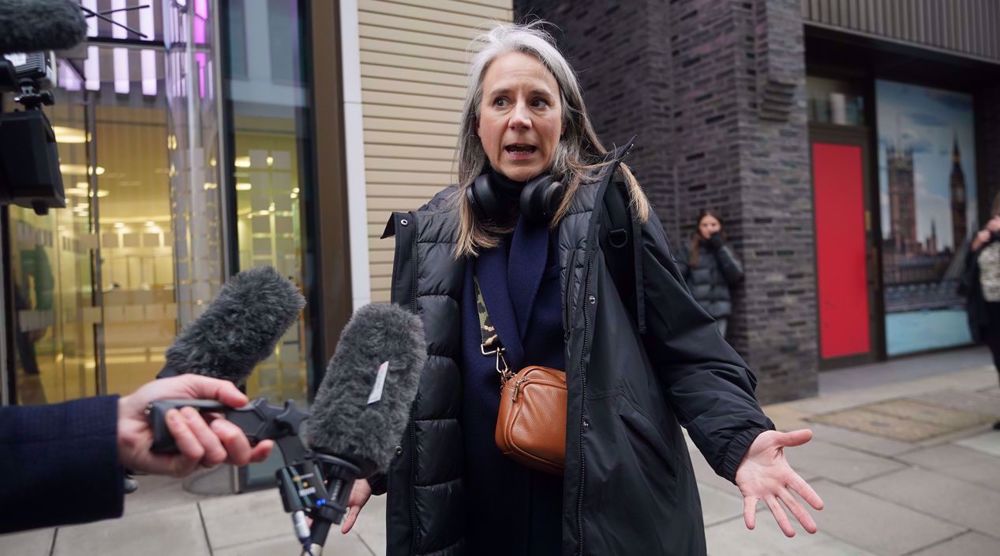
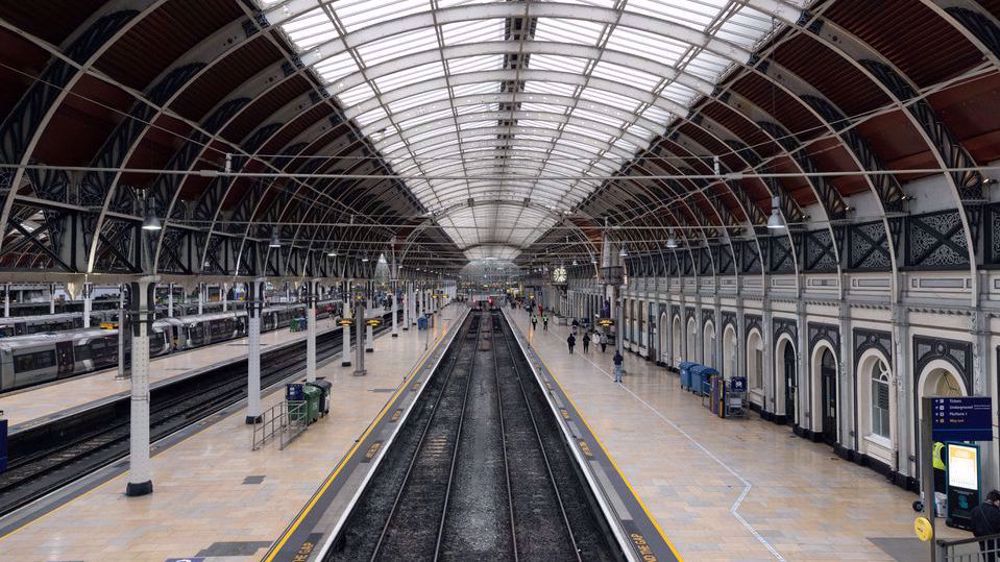
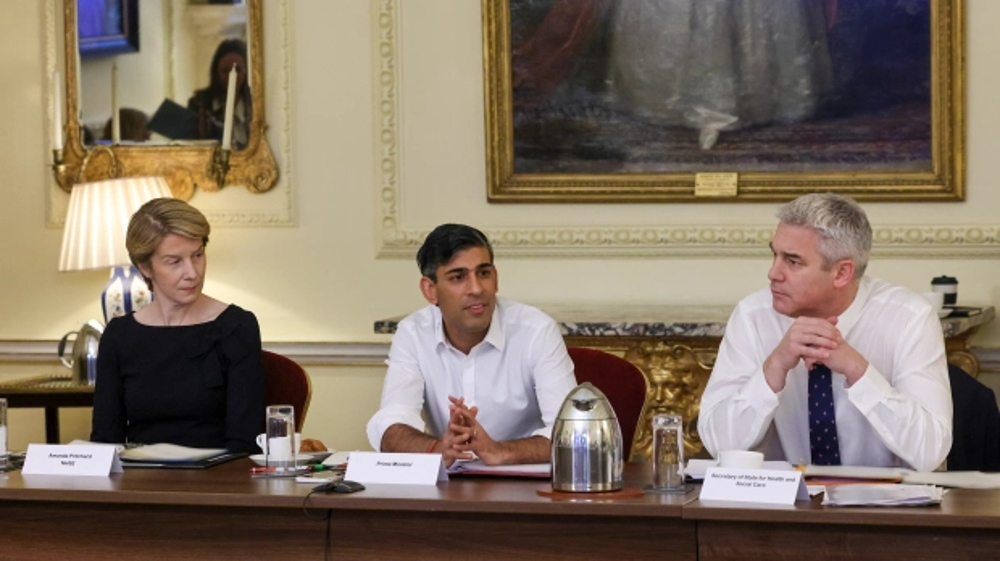






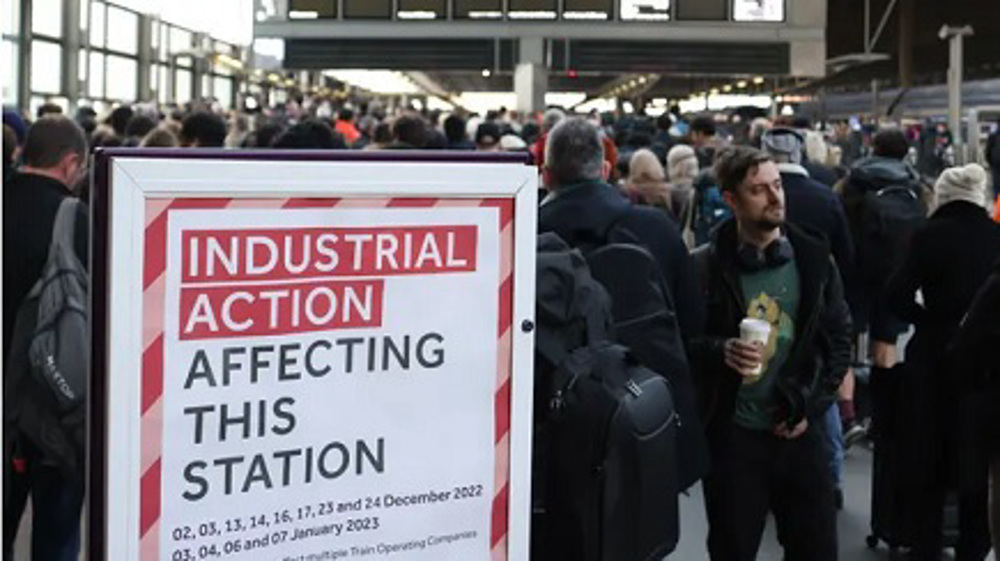
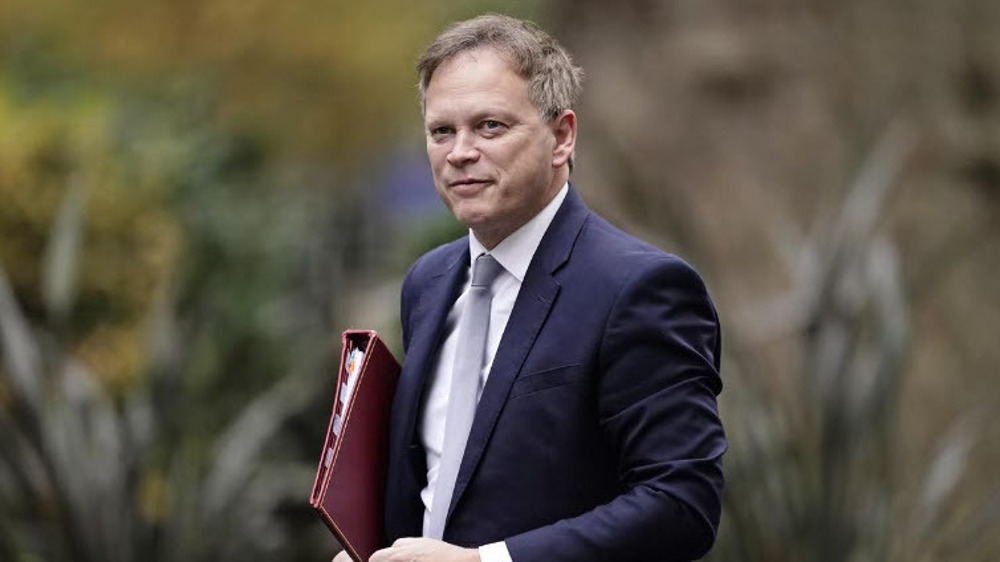
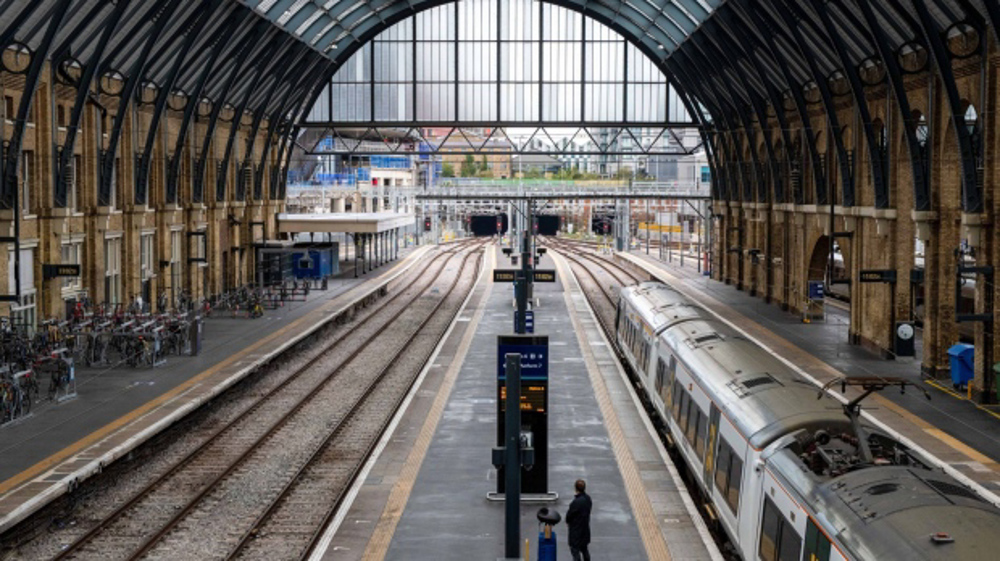
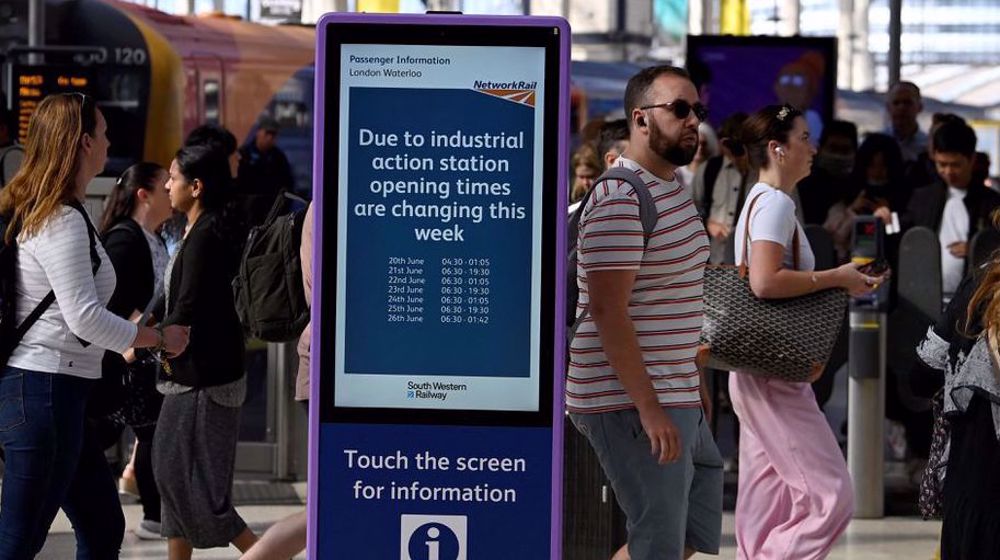


 This makes it easy to access the Press TV website
This makes it easy to access the Press TV website